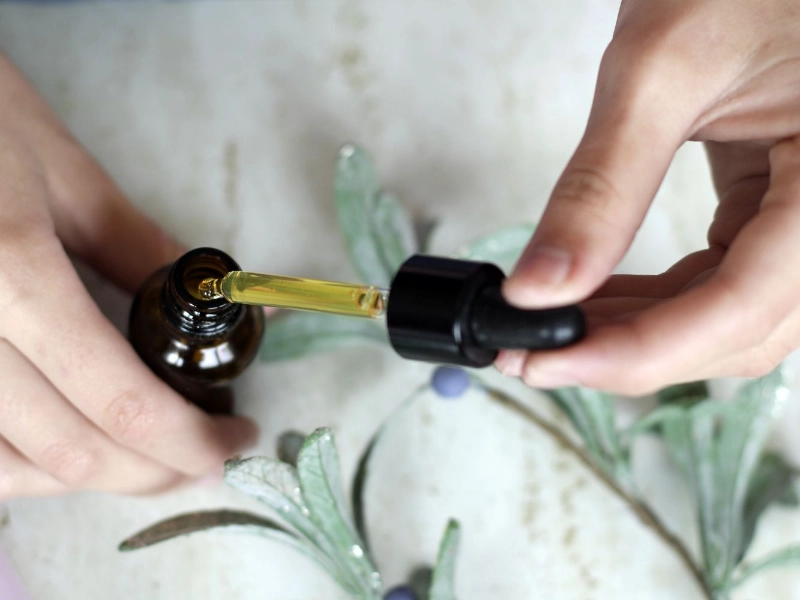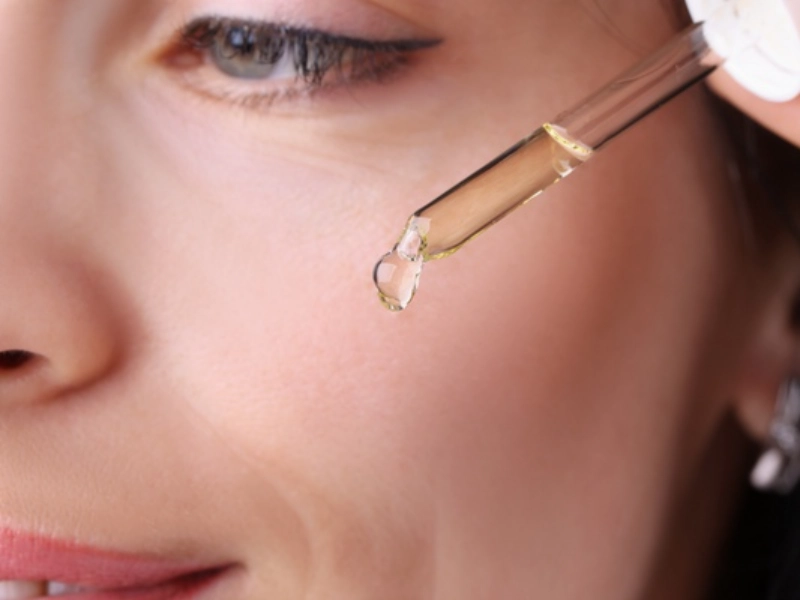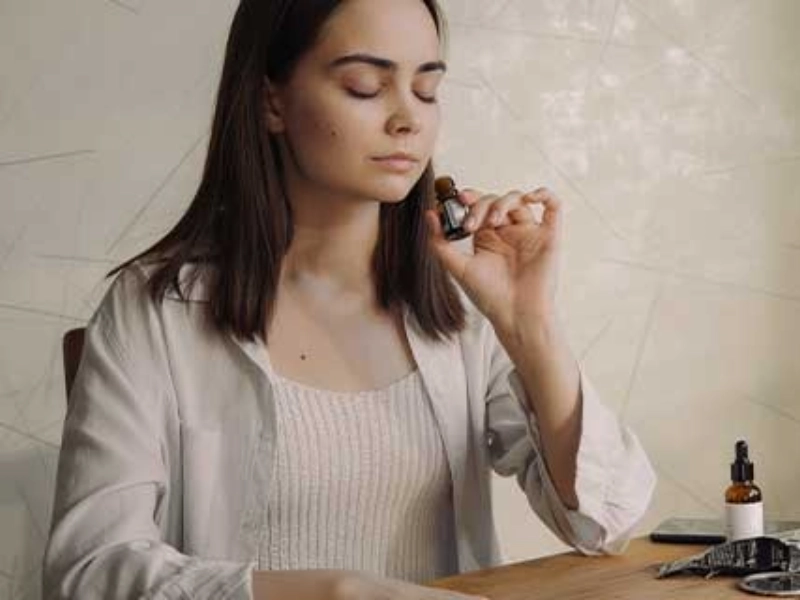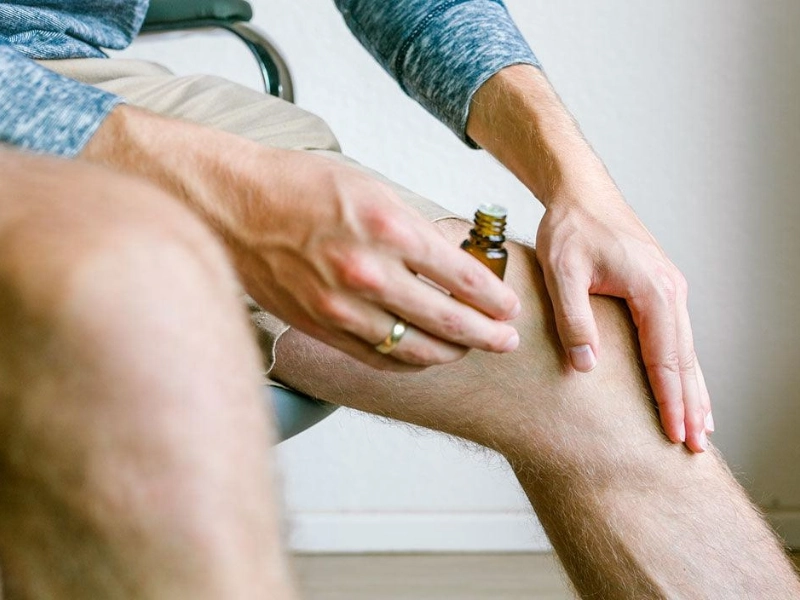Benefits Of Essen Essential Oils And Aromatherapy
Essential oils are extracted from various plants and used to treat a variety of ailments. They can be taken orally (though there isn't much research on this), mixed into a carrier oil for massage, or even breathed in. For example, studies have shown that lavender can help reduce tension, while ylang-ylang can improve mood and have antidepressant properties.
1. It reduces tension

2. Skin rejuvenation
 By tightening the skin and promoting collagen synthesis, oils help slow the aging process. However, they are not a substitute for facelifts or other procedures for more severe wrinkles and sagging of the face.
Essential oils are best applied topically, but inhaling them can be invigorating or relaxing. They work best when diluted in a carrier oil such as olive or jojoba. The
most widely used oils are eucalyptus, tea tree, lavender, and chamomile. In addition to being thought to have calming and healing effects, some of these oils also have antibacterial and antifungal properties. Dryness and acne are just two of the ailments that oils can address. They are also used to treat infections and minor wounds.*[4]
By tightening the skin and promoting collagen synthesis, oils help slow the aging process. However, they are not a substitute for facelifts or other procedures for more severe wrinkles and sagging of the face.
Essential oils are best applied topically, but inhaling them can be invigorating or relaxing. They work best when diluted in a carrier oil such as olive or jojoba. The
most widely used oils are eucalyptus, tea tree, lavender, and chamomile. In addition to being thought to have calming and healing effects, some of these oils also have antibacterial and antifungal properties. Dryness and acne are just two of the ailments that oils can address. They are also used to treat infections and minor wounds.*[4]
3. It reduces pain
 Medications are often used to treat pain, but they can have adverse effects on the digestive system and body organs. Aromatherapy can help relieve pain without the unwanted side effects of modern medicines.
Research shows that the scent of essential oils can dramatically improve mood and reduce discomfort. This is due to the close connection between the brain areas responsible for emotions and stress response and the smell receptors in the nose.
Some oils, such as peppermint, lemon, and wintergreen, have natural pain-relieving properties. However, some of these oils can interfere with certain medications, such as the blood thinner warfarin, so use with caution. If you are unsure of how to use oils, ask your doctor or aromatherapist for advice.
Medications are often used to treat pain, but they can have adverse effects on the digestive system and body organs. Aromatherapy can help relieve pain without the unwanted side effects of modern medicines.
Research shows that the scent of essential oils can dramatically improve mood and reduce discomfort. This is due to the close connection between the brain areas responsible for emotions and stress response and the smell receptors in the nose.
Some oils, such as peppermint, lemon, and wintergreen, have natural pain-relieving properties. However, some of these oils can interfere with certain medications, such as the blood thinner warfarin, so use with caution. If you are unsure of how to use oils, ask your doctor or aromatherapist for advice.
4. Increase your tolerance
 Maintaining a strong immune system can be partially achieved by taking a multivitamin, exercising, getting adequate sleep, and eating a balanced diet. Another tool to strengthen immunity and promote good health is essential oils. The
powerful antibacterial substances found in essential oils have the ability to fight a wide range of bacteria, viruses, and fungi. For example, eucalyptus oil works wonders in preventing colds and stuffy noses, but it is also an oil that helps boost immunity to prevent such illnesses in the first place.
These oils can be applied directly, diffused around the home, or inhaled through a nasal inhaler or steam bath. Be sure to adhere to the recommended dilution limits and allergy testing to use safely and effectively. Use caution when using these powerful plant extracts on infants and newborns.
Maintaining a strong immune system can be partially achieved by taking a multivitamin, exercising, getting adequate sleep, and eating a balanced diet. Another tool to strengthen immunity and promote good health is essential oils. The
powerful antibacterial substances found in essential oils have the ability to fight a wide range of bacteria, viruses, and fungi. For example, eucalyptus oil works wonders in preventing colds and stuffy noses, but it is also an oil that helps boost immunity to prevent such illnesses in the first place.
These oils can be applied directly, diffused around the home, or inhaled through a nasal inhaler or steam bath. Be sure to adhere to the recommended dilution limits and allergy testing to use safely and effectively. Use caution when using these powerful plant extracts on infants and newborns.
5. Reduces inflammation
 Essential oils have antiviral, antibacterial, antifungal and anti-inflammatory properties. They can be applied topically, ingested or massaged into the skin to treat conditions such as arthritis and infections. They
also enhance the body's ability to eliminate toxins and promote detoxification. As moderate diuretics, essential oils such as lemon, lavender and peppermint can help flush toxins from the body. Adding a
few drops of essential oil to your diffuser of choice can help reduce discomfort in the airways. Another way is to try steam inhalation. This involves placing a few drops of essential oil in a bowl of hot water, covering your head with a towel and inhaling the steam. You can also try putting the oil on a cotton pad and smelling it. Using personalized data from ZYTO bioscan, you can find out which essential oils work best for you and your body. This can help you deal with your health issues effectively.
Essential oils have antiviral, antibacterial, antifungal and anti-inflammatory properties. They can be applied topically, ingested or massaged into the skin to treat conditions such as arthritis and infections. They
also enhance the body's ability to eliminate toxins and promote detoxification. As moderate diuretics, essential oils such as lemon, lavender and peppermint can help flush toxins from the body. Adding a
few drops of essential oil to your diffuser of choice can help reduce discomfort in the airways. Another way is to try steam inhalation. This involves placing a few drops of essential oil in a bowl of hot water, covering your head with a towel and inhaling the steam. You can also try putting the oil on a cotton pad and smelling it. Using personalized data from ZYTO bioscan, you can find out which essential oils work best for you and your body. This can help you deal with your health issues effectively.









